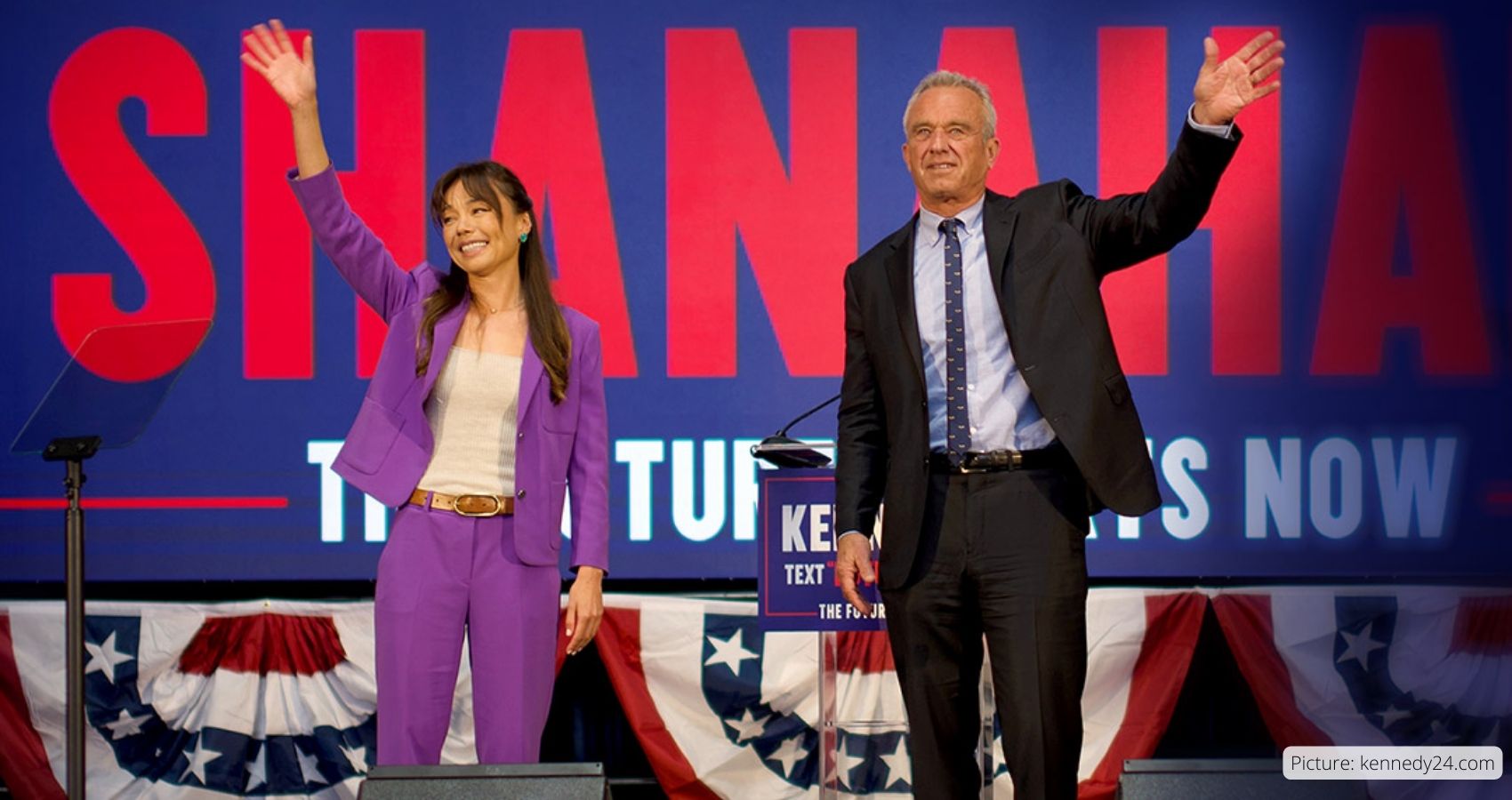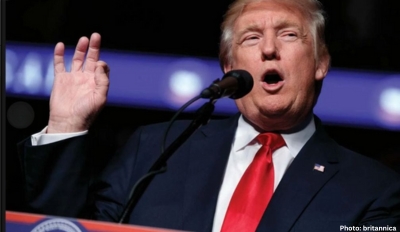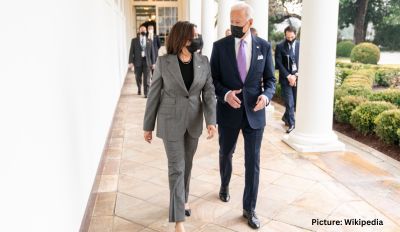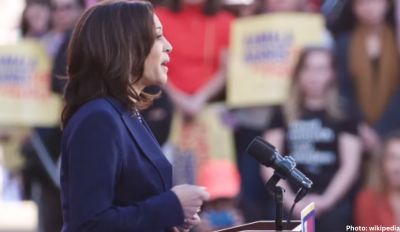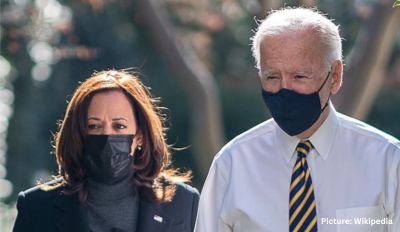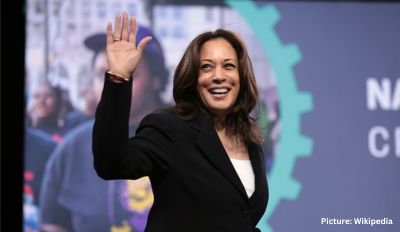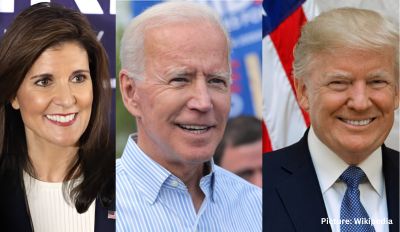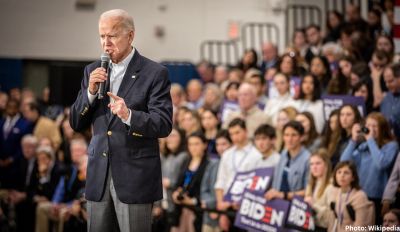Robert F. Kennedy Jr. has selected Nicole Shanahan as his running mate for vice president, a move aimed at bolstering his independent bid for the White House and appealing to disenchanted voters following the 2020 election rematch.
Shanahan, 38, hails from California and brings with her a background as a lawyer and philanthropist, though she hasn’t held elected office before. She founded the Bia-Echo Foundation, an organization dedicated to funding various causes including women’s reproductive science, criminal justice reform, and environmental initiatives.
Kennedy, a former Democrat, announced his decision in Oakland, California, Shanahan’s hometown, emphasizing their shared departure from the Democratic Party due to perceived shifts in its values.
“Our values didn’t change. The Democratic Party did,” Kennedy remarked.
However, Kennedy’s independent candidacy has stirred concerns among Democrats, who fear it could split the vote and impact support for President Joe Biden or even aid former President Donald Trump. Both sides have criticized Kennedy and Shanahan, underscoring the uncertainty surrounding their potential impact on the election.
As an independent candidate, Kennedy faces a daunting challenge in securing ballot access across the 50 states, each with its own set of rules. His selection of a running mate comes as a necessity, with approximately half of the states mandating the designation of a vice presidential candidate before applying for ballot access.
Kennedy has managed to secure ballot access in Utah and claims to have gathered sufficient signatures in several other states, including crucial swing states like Arizona, Nevada, and Georgia, though official confirmation is pending in some cases.
In Nevada, for instance, Democratic Secretary of State Francisco Aguilar has stipulated the nomination of a vice presidential candidate before signature collection, a requirement that Kennedy’s campaign encountered after announcing signature collection efforts.
Acknowledging the obstacles ahead, Kennedy urged Americans to take a chance on his candidacy, emphasizing that the biggest barrier is the perception that he cannot win.
“If Nicole and I can get Americans to refuse to vote from fear, we’re going to be in the White House in November,” Kennedy asserted.
Shanahan, in her introduction to Kennedy supporters, echoed the central theme of their campaign, criticizing both major parties, the media, and the government for being influenced by profit-driven interests. She also aligned herself with Kennedy’s controversial stance on vaccines.
“It wasn’t until I met Bobby and people supporting him that I felt any hope in the outcome of this election,” Shanahan expressed.
Shanahan, previously married to Google co-founder Sergey Brin, is deeply involved in Silicon Valley’s tech culture, an industry frequently critiqued by Kennedy. However, Kennedy believes her connections can be utilized to challenge the tech industry’s dominance, and her expertise in artificial intelligence could inform government policies on emerging technologies.
Outside the venue where Kennedy made his announcement, the scene depicted the stark realities of California’s housing crisis, serving as a backdrop to the campaign’s focus on addressing societal challenges.
Attendees like Dawn Mitchell, impressed by Shanahan’s passion for various causes, highlighted their newfound admiration for the vice presidential pick.
In a prelude to Kennedy’s speech, speakers including Angela Stanton-King, Metta World Peace, and Dr. Jay Bhattacharya lent their support to the campaign, representing a diverse range of backgrounds and perspectives.
Meanwhile, the Democratic National Committee is gearing up to counter Kennedy’s candidacy, along with other third-party options such as No Labels, which is working to recruit a centrist ticket. Critics from within Kennedy’s own family have voiced opposition to his views, suggesting a divide within the Kennedy clan.
Republicans also express concerns about Kennedy’s anti-establishment stance and his views on COVID-19, fearing they could attract voters who might otherwise support Trump.
Kennedy’s lineage, descending from a prominent Democratic family, including his father Robert F. Kennedy and uncle President John F. Kennedy, lends weight to his candidacy. However, his activism, while lauded in some circles, has also been marred by controversy, particularly regarding his stance on vaccines.
His involvement in an anti-vaccine group, currently embroiled in a lawsuit against several news organizations, underscores the contentious nature of his advocacy.
Kennedy’s bid for the presidency, alongside Shanahan as his running mate, presents a challenge to the political establishment, reflecting a growing disillusionment with traditional party politics and a desire for alternative voices in governance.

